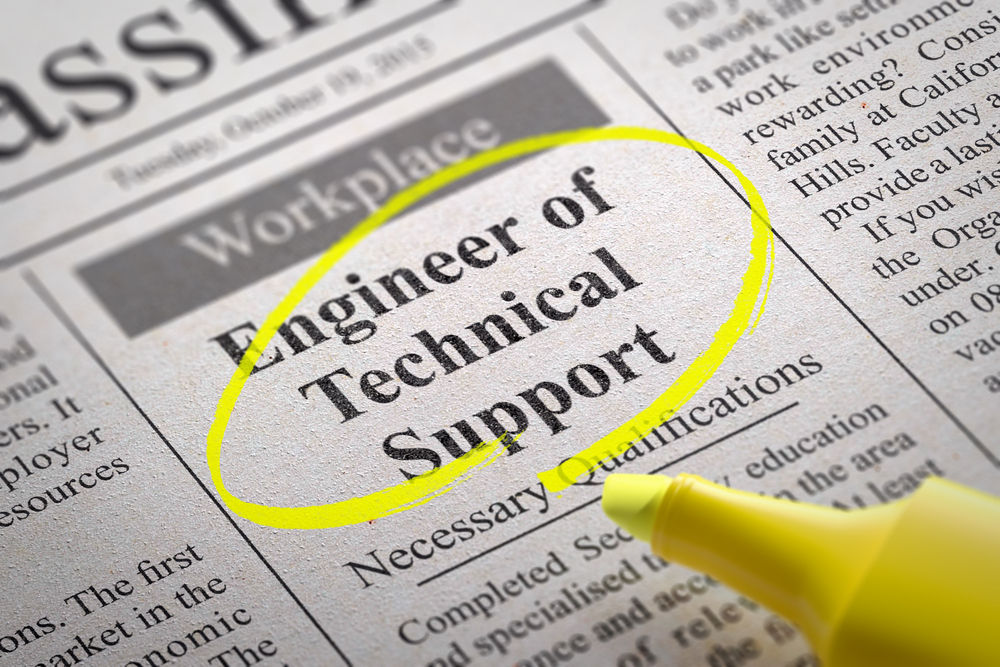There are significant operational savings to be had from offshoring manufacturing to Mexico, but all of those savings must begin with a strategic plan that accounts for the unique differences of operating in another country. This begins with a plan for hiring the right workforce.
There are risks to not planning strategically upfront. Not understanding the differences between hiring in Mexico compared to the U.S. can result in failure to comply with Mexican labor laws and costly fines for violations. What's more, hiring the wrong workers can result in high turnover, which increases labor costs.
Below, we'll outline some of the key differences between hiring practices in the United States and Mexico.
How to recruit employees in Mexico

Manufacturing is a key sector in Mexico's economy, and locating in certain manufacturing-focused areas can simplify the process of recruiting experienced labor. However, employers must still understand where their potential employees are looking to find work.
In the United States, nearly half of all job applications begin on a job board, and nearly half of all job seekers say their preferred source for searching is online. There's a key difference in Mexico. Tetakawi's regional field studies have found that virtually every employer in Mexico should begin their recruitment efforts on social media. Many job seekers in Mexico first turn to Facebook, among other social media platforms, to find work. In some regions, and for certain positions, job seekers also turn to online job boards, but this should be your second step, followed by traditional media, including print street ads, radio ads, and newspaper advertisements.
Another key difference: job postings in Mexico should be made in Spanish. Unless knowing English is a key requirement for the position for which you're hiring, it's best to stick to Mexico's national language. If you're not fluent in Spanish yourself, consider finding help in creating this ad; software translators are prone to inaccurate translations that can make your efforts less successful.
.png?width=482&name=2018-12-27%20(2).png)
Navigating the interview process

Finding the right employment fit can significantly reduce your turnover costs, so it's important to get this right. That begins with the initial interview. However, if you're looking at the hiring process through a U.S. perspective, then it's time to consider some of the key differences in expectations around the interview process.
A good place to start is with time. While U.S. professionals may have very strict attention to time, time is more fluid in Mexico. It's important to officially confirm any set appointments to ensure it's not seen as a tentative placeholder.
In Mexico, it's best to start the interview formally. For example, titles are very important. However, while a formal tone may be the norm for the interview process in Mexico, there is an exception. In the U.S., personal questions can carry legal ramifications. In Mexico, on the other hand, job seekers may expect to discuss their family and personal life. Mexican job applicants may also have different expectations around personal space and contact, so expect close contact and long handshakes.
As in the United States, it's always important to consult with an HR professional if you are concerned about the legal implications of certain questions.
Flexibility around timing
As mentioned above, time can be somewhat more fluid for Mexican employees. One reason where this makes a big difference is when it comes to transportation. While being on time for work is important to your Mexican employees, public transportation can be unreliable. Some manufacturers opt to provide transportation for employees, particularly those coming to more remote areas. Otherwise, it's important to remain flexible in scheduling employees who must take public transport.
Another area to consider is that Mexicans observe holidays not celebrated in the U.S. Scheduling work around these celebrations can lower your absenteeism rates.
There is an exception. A recent study from the Workforce Institute at Kronos Inc. indicates that a delayed response on whether or not you're extending the job offer is a major turn-off for job applicants in Mexico. If you find an employee that fits, it's best to reach out promptly, lest you lose them to a competitor.
Contract expectations
Unlike in the United States, where an employment contract is considered a best practice and employment is otherwise considered "at-will", written employment agreements are required in Mexico. Best practice suggests that employers create a detailed employment contract that includes job details, including permanent or temporary status, as well as the work schedule, training provisions, and employment benefits. A written contract that clearly documents employment requirements is particularly useful for both employers and employees in the event of employee termination.
Onboard an expert
Navigating all the cultural nuances between hiring in Mexico, compared to the United States, will demand study, patience, and flexibility. However, if you're eager to recruit a stellar workforce on Day One, then the best onboarding decision you can make is to work with an experienced HR consultant.
Tetakawi helps manufacturers of all sizes recruit more than 10,000 people in Mexico each year. We connect manufacturers with skilled and trainable workers, and experienced supervisors and leaders, as well as the HR administration that keeps employees satisfied. To discover how you can strengthen your Mexico recruitment efforts, talk to Tetakawi today.
Subscribe
Sign up and stay informed with tips, updates, and best practices for manufacturing in Mexico.





